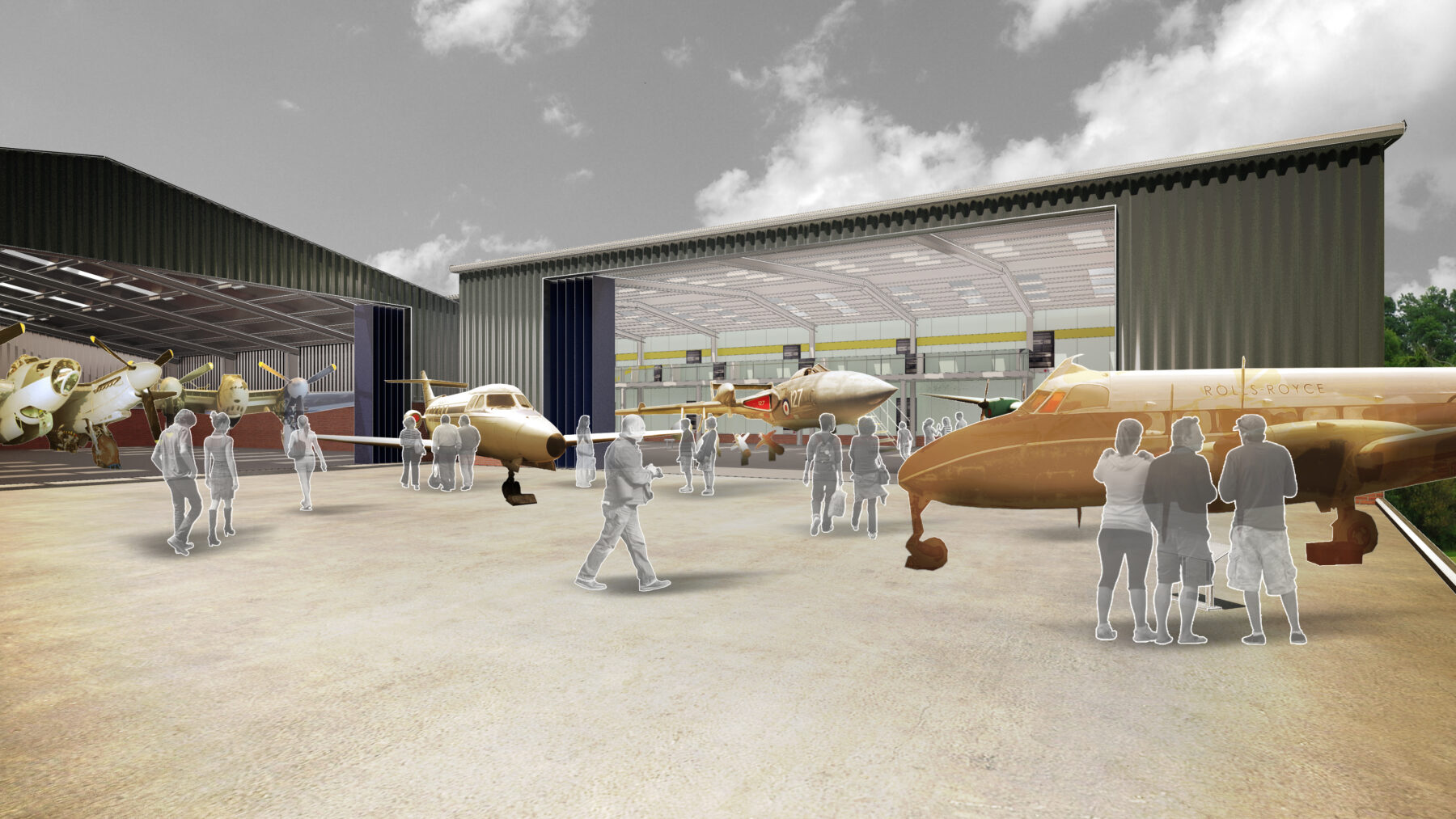
De Haviland Aircraft Museum
With the help of a team of dedicated volunteers, Britain’s oldest aviation museum is preserving the heritage of one of our most important aircraft companies for future generations
De Havilland Aircraft Museum has been built on the passion of aircraft enthusiasts.
Britain’s oldest aviation museum opened its doors in May 1959 in the grounds of Salisbury Hall in London Colney, Hertfordshire, and is dedicated to preserving the history and engineering of one of the country’s most important 20th-century aeronautical manufacturers.
It was started by ex-Royal Marine Major General Walter Goldsmith after he bought the derelict Tudor mansion and learned that it had links with the de Havilland Aircraft Company.

The Hatfield-based firm had set up a secret design team at Salisbury Hall in 1939 for its twin-engine aircraft, the Mosquito.
The versatile wooden plane made a huge contribution to the RAF’s success in the Second World War.
The volunteer-run museum started with an original prototype of this important aircraft and has built a collection of iconic de Havilland planes and engines over the last 60 years.
These include the Comet, which was the world’s first jet airliner, and the Airspeed Horsa Glider, used extensively by airborne troops in 1944 during D-Day.

Uniquely, this is a “working museum” where visitors can watch volunteers restoring aircraft and ask them questions about these amazing flying machines.
National Lottery funding is helping the museum become fit for the century ahead, with work underway to build a larger, second hangar to safely house its collection.
This will allow restoration to continue year-round and mean that visitors can enjoy the historic collection in any weather. The hangar will also provide community and education space.
To find out more about de Havilland Aircraft Museum visit the website
https://www.dehavillandmuseum.co.uk/
Inspired? Apply for funding
Inspired by De Haviland Aircraft Museum? Apply for funding to support your own community. Search for funding
Over 685,000 projects funded
The National Lottery has given over £43bn to local projects just like this one to support your local community. Discover more local projects in your community